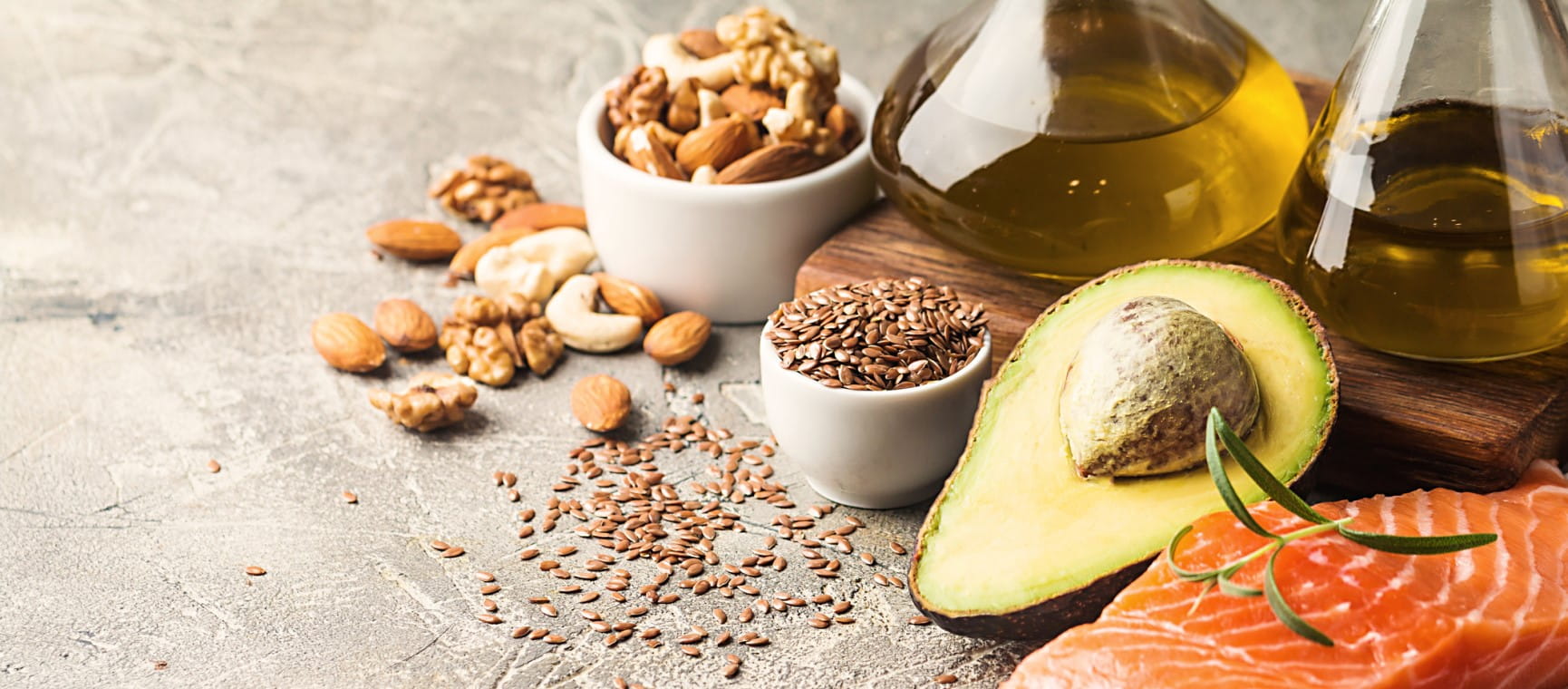
Fat is an essential part of a healthy balanced diet and provides several health benefits. It’s also a source of essential fatty acids, which the body cannot produce on its own. Fat helps the body absorb fat-soluble vitamins such as vitamin A, vitamin D, and vitamin E.
But too much fat can be harmful to our health. Some fats are proven to support our health, whilst others may damage it if eaten regularly – so it’s important to choose fats wisely. Here's the list ordered from best to worst:
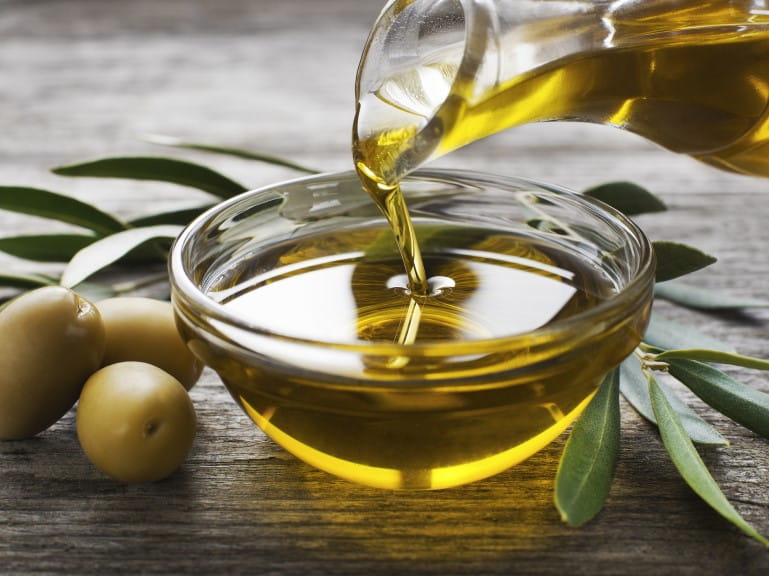
Olive oil contains more monounsaturated fat than any other edible plant oil. This type of fat can help lower LDL ("bad") cholesterol and raise HDL ("good") cholesterol.
Kirsten Jackson, consultant IBS dietitian, says olive oil is a heart-healthy choice. She tells Saga Magazine: “There is a myth that when you heat olive oil it turns into a type of fat known as trans fats which are bad for our health, but this is incorrect. Trans fats are only produced in a commercial environment [not through cooking at home].”
Tracy Parker, Nutrition Lead at the British Heart Foundation, tells us: “Unsaturated oils, like olive oil, sunflower oil and rapeseed oil, contain healthy fats that can help lower bad cholesterol and reduce the risk of heart disease.
“Extra virgin olive oil is the least processed type of olive oil and contains more antioxidants, which are linked to better gut and heart health.
“That is not to say you cannot use other types of plant oils as well, as they all have different tastes and may work better in different dishes.”
Research suggests that olive oil may lower the risk of heart disease and stroke due to its anti-inflammatory properties. It is often associated with good heart health, particularly because of its role in the Mediterranean diet.
Refined olive oil:
Extra virgin olive oil:
In the UK, vegetable oil is usually rapeseed oil. It is extracted from the seeds of a plant in the cabbage and mustard family, with bright yellow flowers that bloom in the spring.
Tracy Parker explains that rapeseed oil is a relatively good option because it is low in saturated fat – containing the lowest amount of any oil, with just half the saturated fat found in olive oil. Research has shown the risks of a high saturated fat diet.
“Similar to olive oil, it is high in monounsaturated fat. Cold-pressed rapeseed oil is a great choice for everyday cooking. It has sometimes had a bad reputation, especially in the USA, where it is known as canola oil and was historically used in industry. However, oils in the UK undergo strict controls to ensure safety,” Tracy adds.
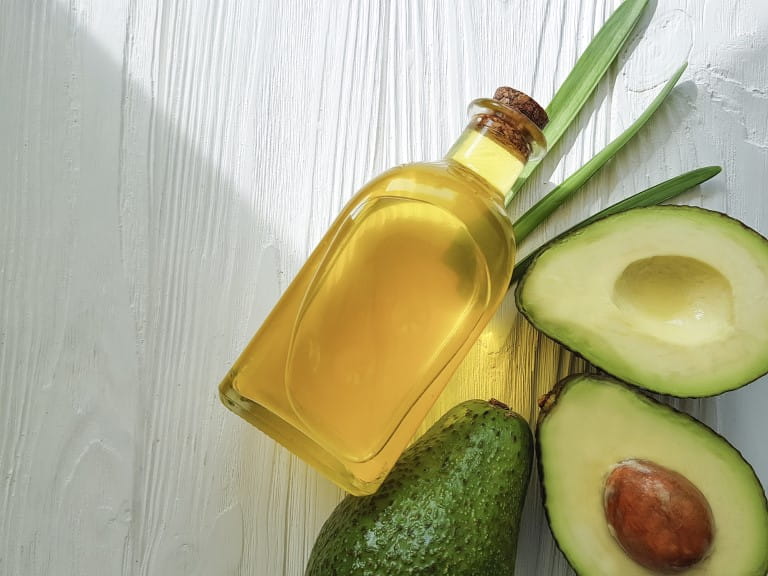
A newer, trendy oil for cooking or salads, avocado oil has similar benefits to olive oil.
“It is almost identical to olive oil in terms of its fatty acid profile – both are high in monounsaturated fats. However, avocado oil tends to be more expensive because it’s considered a niche oil and is less widely produced,” says Tracy Parker.
She recommends using avocado oil wisely if you are going to use it. “For everyday cooking, a more affordable healthy oil is fine. Save expensive oils with strong flavours for salads, dips, or marinades.”
Bear in mind that whole avocados will have more health benefits than the oil, as they contain more fibre, vitamins and minerals. For example, you could have avocado on toast, rather than bread dipped in avocado oil.
Extracted from the outer layer of rice, rice bran oil is low in saturated fat and high in monounsaturated fat. It’s popular as a cooking oil for some Asian foods. It has a high smoke point, so is suitable for cooking at high temperatures, and a mild flavour.
Tracy says: “Similar to avocado, olive and rapeseed oil, it’s low in saturated fat and high in monounsaturated fat and is considered a healthy oil to cook with.”

Sunflower oil is a popular choice for high-heat cooking, as it has a high smoke point. It’s naturally high in polyunsaturated fats, although you can also get high-oleic sunflower oil, which means it’s made from sunflowers which have been bred to be higher in monounsaturated fat.
“All oils, including sunflower oil, should be used in moderation – they are all high in calories, around 100kcal per tablespoon. There is also no need to worry about cooking with oils as home cooking temperatures aren't high enough to spoil the oil. Just make sure not to reuse the oil after cooking,” says Tracy.
Palm oil contains around 50% saturated fat, similar to butter.
Kirsten says: “Many manufacturers opt for using palm oil because their product needs to contain a fat that is solid at room temperature and this is not possible with other oils like olive oil.
“Overall, I wouldn't recommend that people are cooking with palm oil as it is not as beneficial for health as olive oil, but having the occasional product that contains this type of fat is unlikely to have a negative impact when you are having a balanced diet otherwise.”
Tracy adds: “Palm oil is cheap and often found in many processed foods like snacks and baked goods, so you might be eating more of it than you realise.
"Processed foods also tend to have high levels of unhealthy fats and sugars, which we should eat less of. Limiting these foods can help reduce your intake of palm oil.”
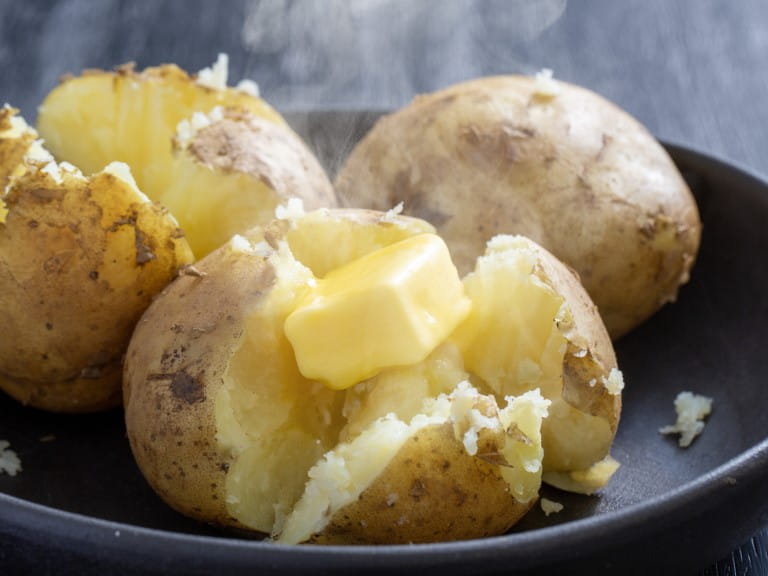
Butter is mostly made up of saturated fat, the type which can raise cholesterol. Although it’s not the worst on our list, it’s not an ideal choice.
Tracy says: “Especially if you have high cholesterol, the simple swap from butter to using an unsaturated oil or margarine would be better for your health. If you’re otherwise healthy, a bit of butter on your toast is not going to make a big difference. If you use a lot of butter in your diet, then it’s wise to make a change to using an unsaturated fat such as olive oil, rapeseed or sunflower oil or spread.”
Spreadable butter is marginally healthier, because it usually has vegetable oil added, but an unsaturated spread would be a better option for your heart.
Despite its reputation as a “healthy” fat, coconut oil is approximately 85% saturated fat.
Tracy says: “It contains more saturated fat than butter, so excessive intake should be avoided by those with high cholesterol.
“If you like the taste, it is fine to use every now and then, but use unsaturated oils as an everyday choice.”
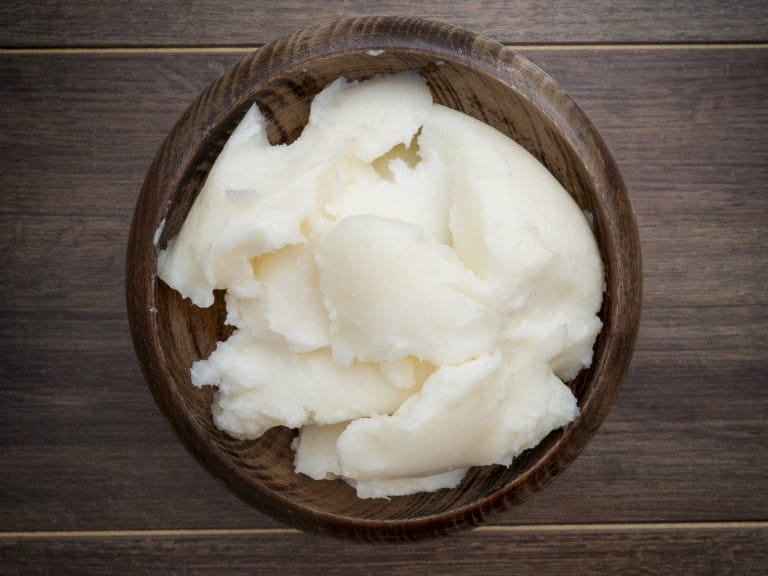
All of these are solid white fats obtained by rendering fatty tissue from animals. Lard is usually from pigs. Dripping, tallow and suet are usually from beef, though they can be from mutton or lamb. Suet is the fat from around an animal’s kidneys. Tallow is technically the fat from around the organs, although in the US the term tallow is used interchangeably to describe dripping or suet.
These fats are higher in total fat content than butter. Tracy explains: “Like butter, these are hard animal fats high in saturated fat, which can increase cholesterol levels. It is best to use sparingly.”
Although some people claim that lard is good for you, because of the mix of fats it contains, there’s very little evidence to show it has heath benefits in humans, whereas there is some evidence linking it to worse health outcomes.
Seed oils are oils extracted from seeds. In the UK, the most common are rapeseed (known in the US as canola oil, it's often sold as vegetable oil in the UK) and sunflower oil. You will also find soybean, corn, grapeseed, rice bran and safflower in many products.
Seed oils have recently had a bad reputation among some celebrities, particularly in the United States, because of their omega-6 content and supposed link to inflammation. But there's no solid evidence to support this, says Tracy. The American Heart Association also agrees that there's no need to worry.
Tracy says: “Seed oils often get a bad reputation because of their omega-6 content and supposed link to inflammation, but there's no solid evidence to support this.
"Omega-6 and omega-3 are both essential fatty acids, meaning we need to get them from our diet. Both types of fats are good for heart health, and it's important to have a balance between them.
"Most seed oils contain a mix of both omega-6 and omega-3 fats. Like all oils, they should be used in moderation."
Another concern of seed-oil sceptics is how the oil is produced. More processed forms of oil may use chemicals such as hexane to extract the oil, but these chemicals are removed in the finished product.
The processing can also help to remove substances that can make the oil go rancid or cause it to smoke at high temperatures.
Variety is the spice of life when it comes to unsaturated oils.
Tracy says: “All unsaturated oils are good for you, but they contain different types of healthy fats. Some oils, like olive, rapeseed, and avocado oil, have more monounsaturated fats. Others, like sunflower, corn, and walnut oil, have more polyunsaturated fats.
"Each type offers slightly different health benefits, so it's good to include a variety in your diet.”
Cold-pressed oils can contain higher levels of antioxidants, and won’t contain any traces of the chemicals that are sometimes used in industrial processing of oils.
But they are a more expensive choice, and any unsaturated oil, such as inexpensive sunflower or vegetable oil, is likely to be a more heart-healthy option than butter or palm oil.
Kirsten says: “Cold-pressed oils are processed without heat, and heat can break down some of the nutrients in foods so a cold-pressed oil is higher in many beneficial components, such as oleic acid which is a type of monounsaturated fat that reduces levels of bad cholesterol and increases levels of good cholesterol. It also acts as an antioxidant.”
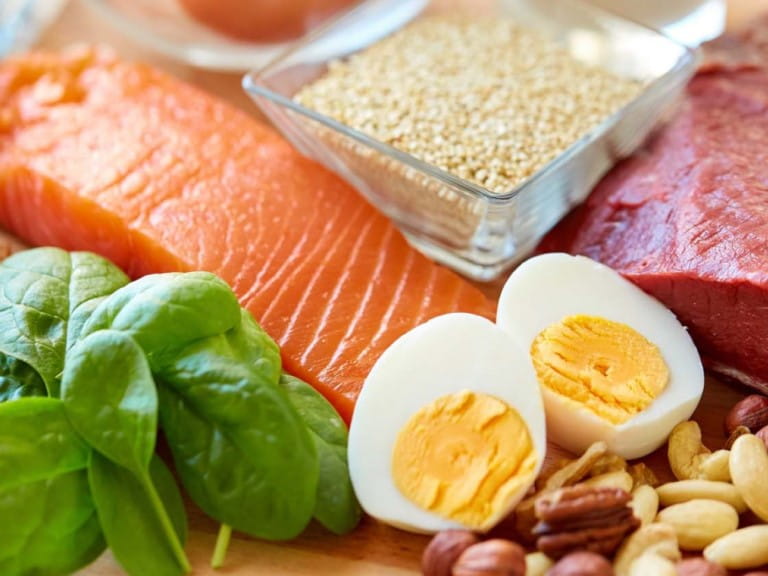
Everything you need to know about protein, from what it does for your body to the best high protein foods – and how much you really need.


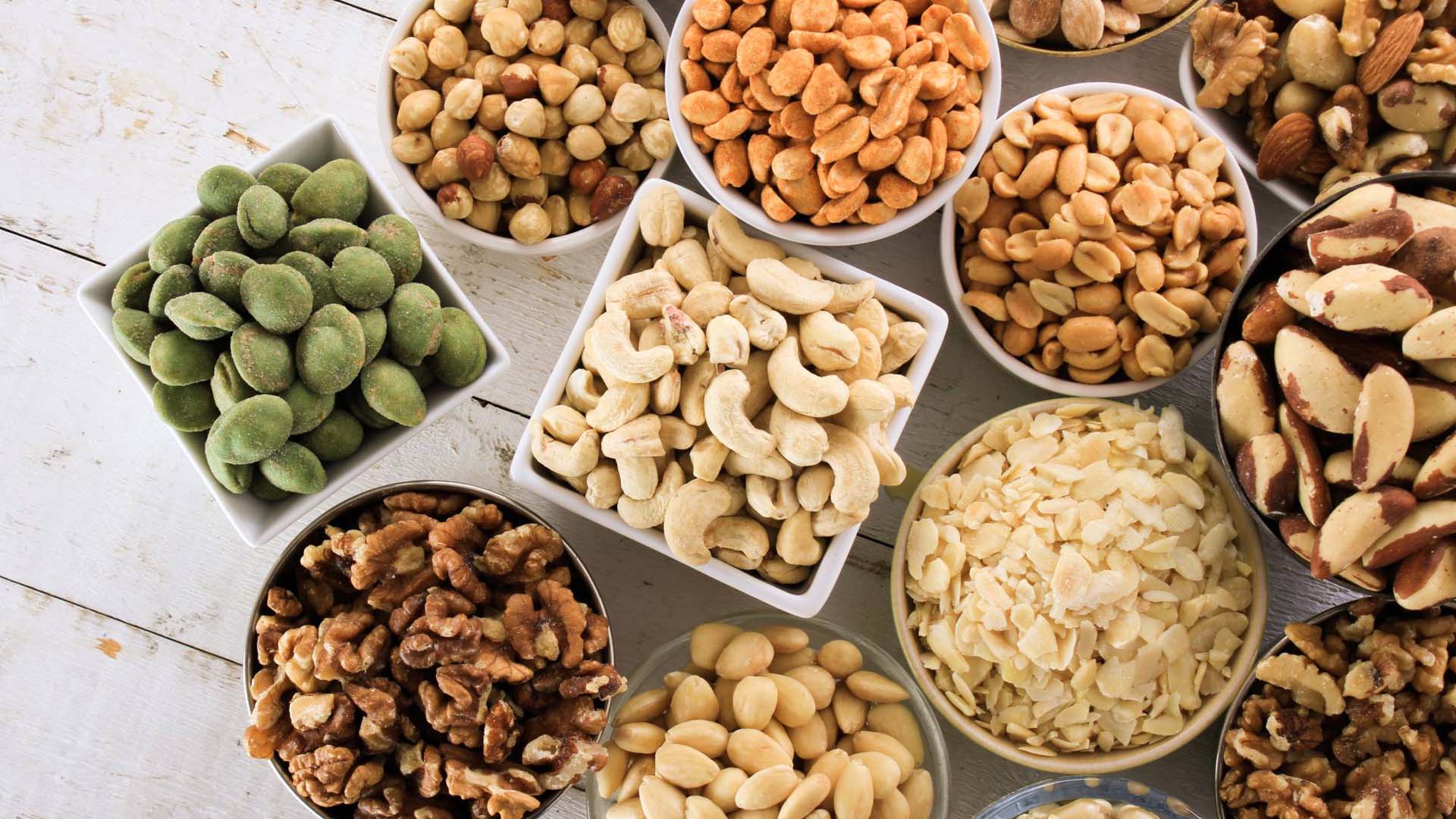
Let’s roast the myths! Not only are nuts less fattening than once feared, research shows they can cut the risk of heart disease too
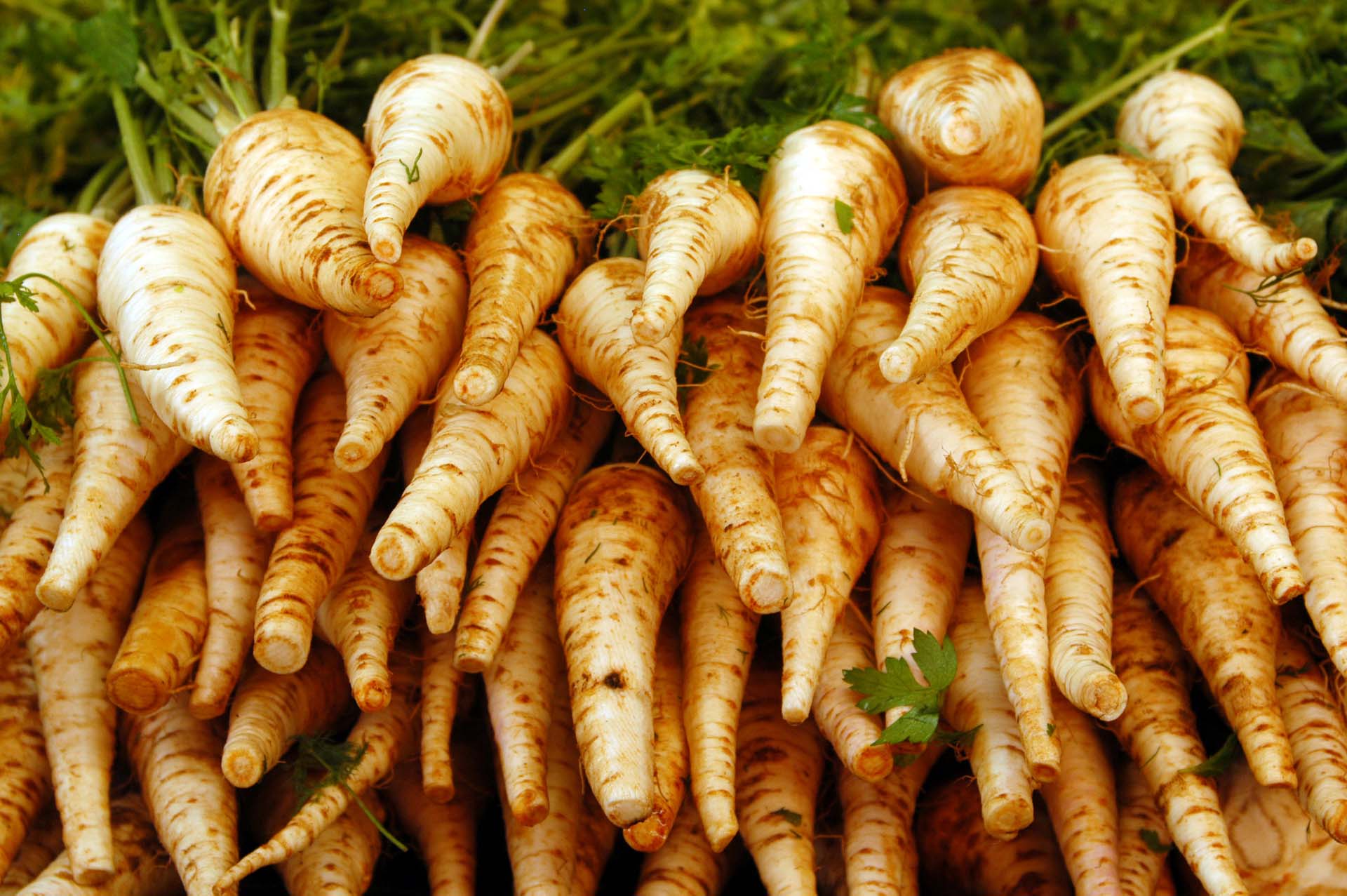
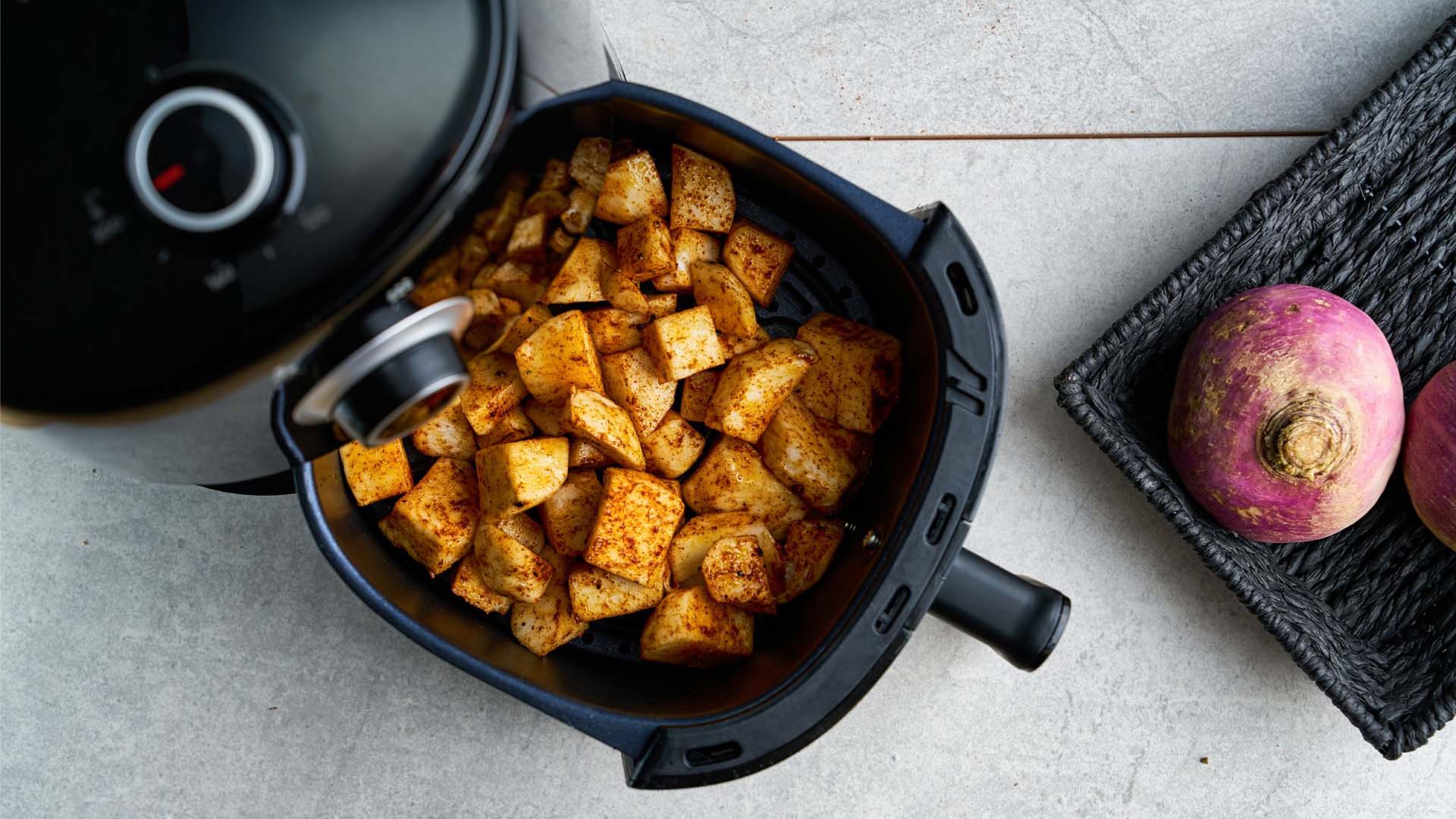
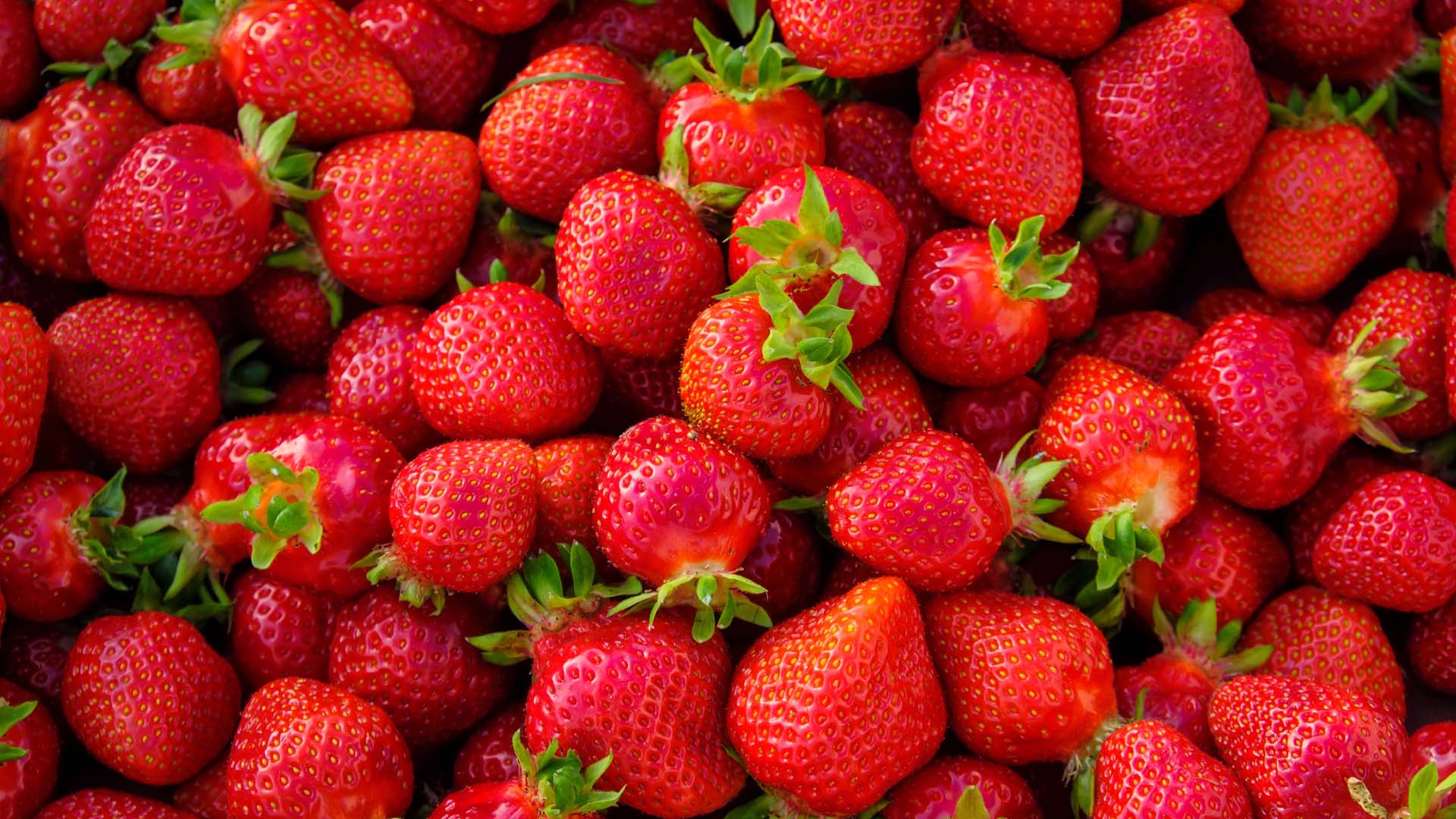
Strawberries don't just taste and look great, they are full of fibre, help your heart health and may even stave off dementia.

Looking after your gut health could be one of the biggest things that you can do for your overall health. Here are the best foods to keep your gut happy.
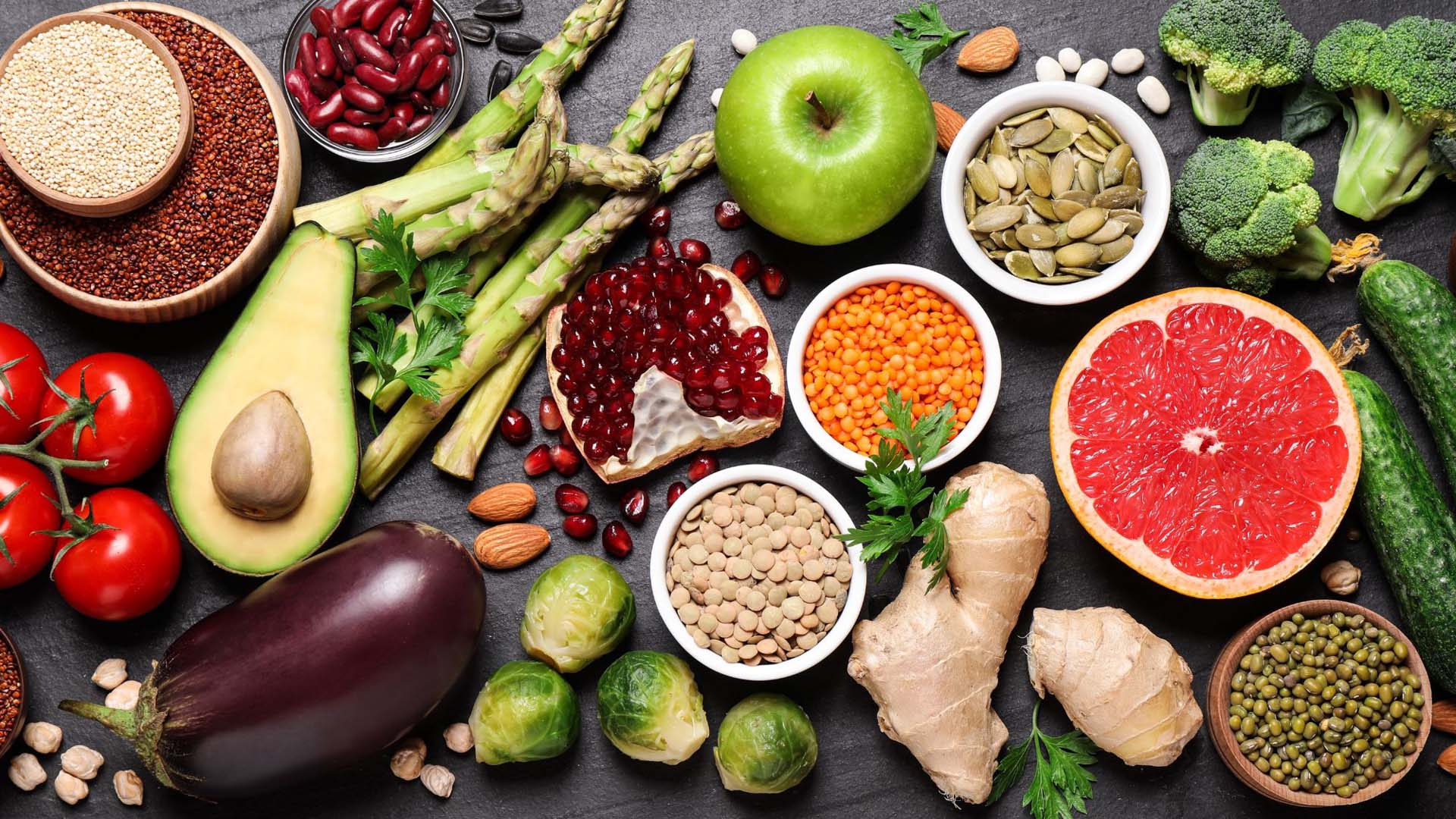
The foods that could help you live longer and protect against chronic illness.